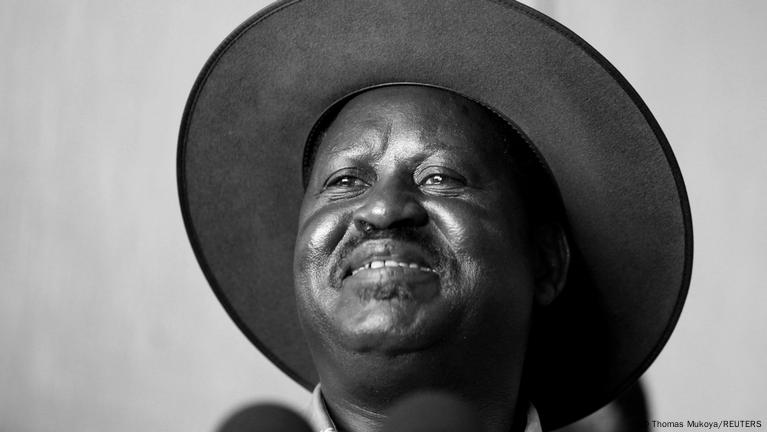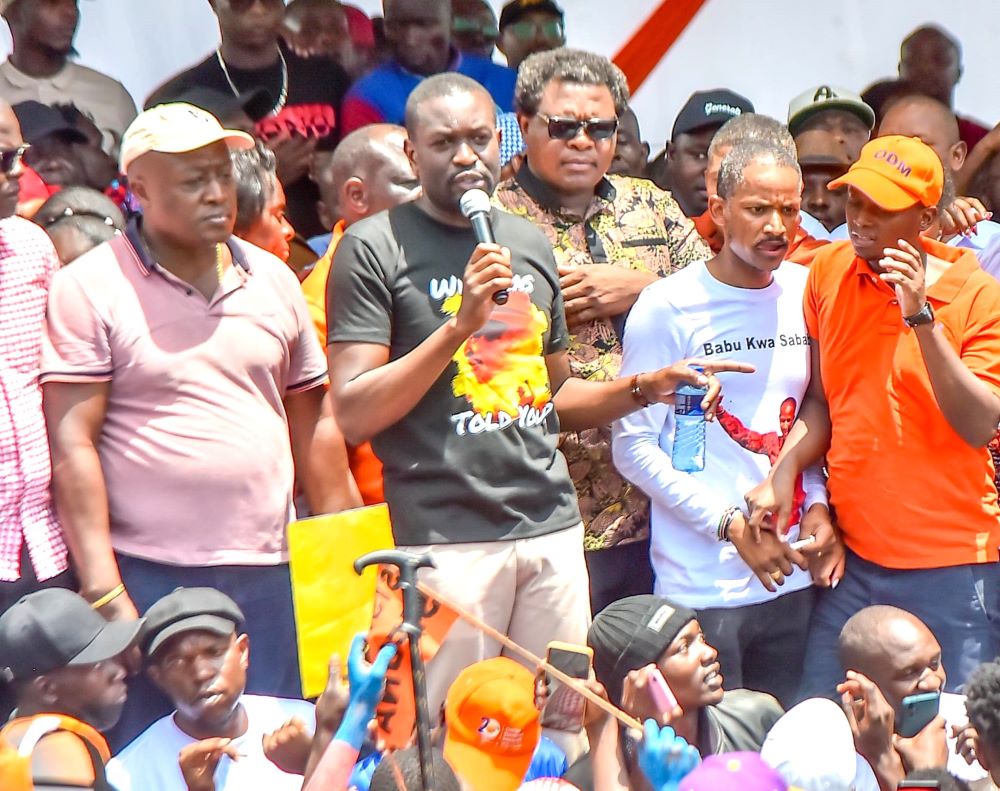Kenya mourns not just a politician, but a visionary; a man who taught a whole nation what it means to believe in education. Raila Amolo Odinga, the indefatigable reformer, has rested. And as the country bows its head in grief, it is impossible to forget the many blackboards he wrote on; the policies, the dreams, the classrooms he helped open and the minds he inspired.
Raila was never a teacher in the literal sense, but he schooled Kenya in the art of vision, resilience and reform. His life’s work was a syllabus of progress: a curriculum of courage that challenged a nation to think, to question and to grow. To call him ‘the professor who never taught’ is not irony; it is reverence. For while others chased power, Raila chased purpose; and at the heart of that purpose lay education.
When he became Prime Minister in the Grand Coalition Government of 2008, Raila found a nation where many bright children’s dreams ended at the gates of secondary school. Free Primary Education had opened a door, but poverty still blocked the hallway. Raila flung that door wide open. He spearheaded the Free Day Secondary Education policy; a monumental reform that lifted tuition fees in public day schools and changed the destiny of countless families. For the first time, children from slums and villages could continue their education without fear of being sent home for fees. That decision may not have made headlines as loudly as his political rallies, but its echoes still ring in classrooms across Kenya. It was Raila’s quiet revolution; the kind that builds a nation from the inside out.
Raila’s relationship with education was never about prestige; it was about justice. He believed that knowledge should never be a privilege for the few but a right for every child born under the Kenyan sun. He often said, ‘Education is the great equalizer,’ and he lived that truth. His advocacy for educational equity was not just political rhetoric; it was personal. He had walked the long, hard road of learning himself, from Maranda to Germany, where he absorbed not only knowledge but also the conviction that a nation’s future lies in the strength of its classrooms.
ALSO READ:
Raila Odinga: The scholar, the enigma and the symbol of resilience
He was among the earliest voices to question the rigidity of the old 8-4-4 system, which he believed was killing creativity and turning schools into exam factories. When the Competency Based Curriculum (CBC) was introduced, Raila championed it wholeheartedly. He understood that the world had changed; that Kenya needed a system that produced thinkers, innovators and doers, not just crammers. ‘You cannot keep watering the leaves and ignore the roots,’ he would say, urging the nation to nurture skills, not just marks. His support for CBC was not about politics; it was about progress; about giving the next generation the tools to build a new Kenya.
But perhaps no group found a truer ally in Raila than the teachers. He stood with them through strikes, salary wars and endless negotiations. He called them ‘the engine of the nation’ and demanded that the government employ all qualified teachers on permanent and pensionable terms. To Raila, teaching was not just a job; it was a sacred calling and those who answered that call deserved dignity. His push for the independence of the Teachers Service Commission (TSC), later enshrined in the 2010 Constitution, gave teachers a professional home free from political manipulation. He understood that without empowered teachers, education reforms are empty promises.
Raila also saw beyond the classroom walls. As one of the chief architects of Kenya’s devolution, he envisioned counties managing education in ways that reflect local realities. ‘Counties understand their children best,’ he would say. He argued that devolving education; from early childhood to secondary; would bring services closer to the people, ensure equity, and hold leaders accountable. It was a bold idea, fiercely debated, but like all his visions, it was rooted in a simple belief: power must serve the people.
His compassion for children, especially those from poor backgrounds, was legendary. He championed school feeding programs in ECDE centres, reminding leaders that ‘children cannot learn on empty stomachs.’ He never tired of pushing for policies that linked learning with living; for he understood that hunger, poverty and illiteracy are cousins that must be fought together.
ALSO READ:
Bomet University College students hold candle lighting vigil in honour of Raila Odinga
In his later years, his dream grew even bigger. Through his Azimio la Umoja vision, Raila promised ‘Waste No Child’ a policy that would ensure every Kenyan child, from the dusty playgrounds of Turkana to the bustling estates of Nairobi, had access to education from ECDE to university. He wanted free university education, expanded bursaries and revitalized technical and vocational institutions. To some, those dreams sounded utopian; to Raila, they were simply overdue.
Today, as the nation mourns, it is worth remembering that Raila’s greatest legacy may not be written in politics, but in the lives of the millions of Kenyans who can now read, write and dream because of his vision. His contribution to educational reform was not just policy work; it was nation building in its purest form.
He taught us that the truest measure of leadership is not in power gained but in futures built. He believed that every child; no matter how poor, remote, or forgotten; deserved a fair chance at life. He reminded us that development without education is like building a house without a foundation.
Raila Amolo Odinga may have left us, but his lessons endure. In every classroom, in every county, in every graduate who rose from hardship to hope, his spirit lives on. His chalk was vision, his classroom was Kenya and his students are the millions who will carry his dream forward.
Farewell, Baba. The bell has rung, the lesson is done; but your teachings will echo in this nation’s corridors forever.
By Angel Raphael
Angel Raphael is a teacher of English and writer passionate about education, leadership and Kenya’s transformation through learning.
You can also follow our social media pages on Twitter: Education News KE and Facebook: Education News Newspaper for timely updates.
>>> Click here to stay up-to-date with trending regional stories
>>> Click here to read more informed opinions on the country’s education landscape






